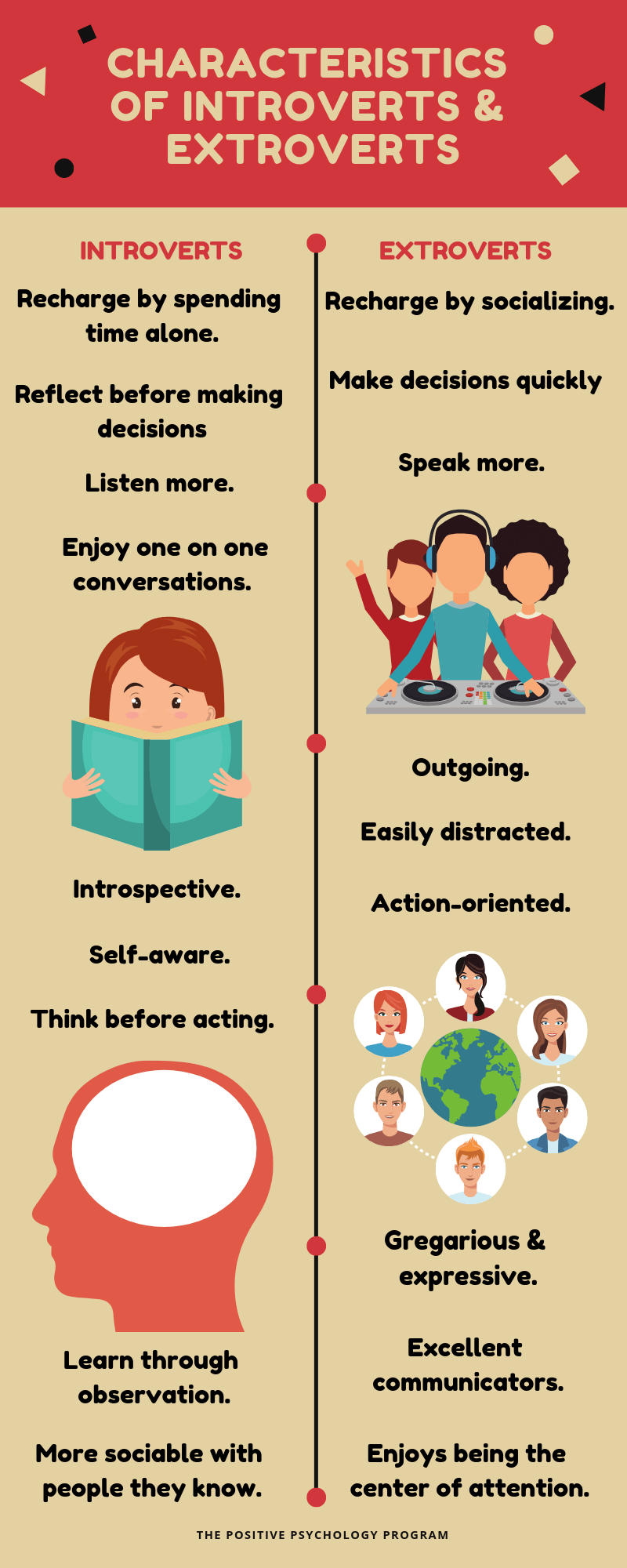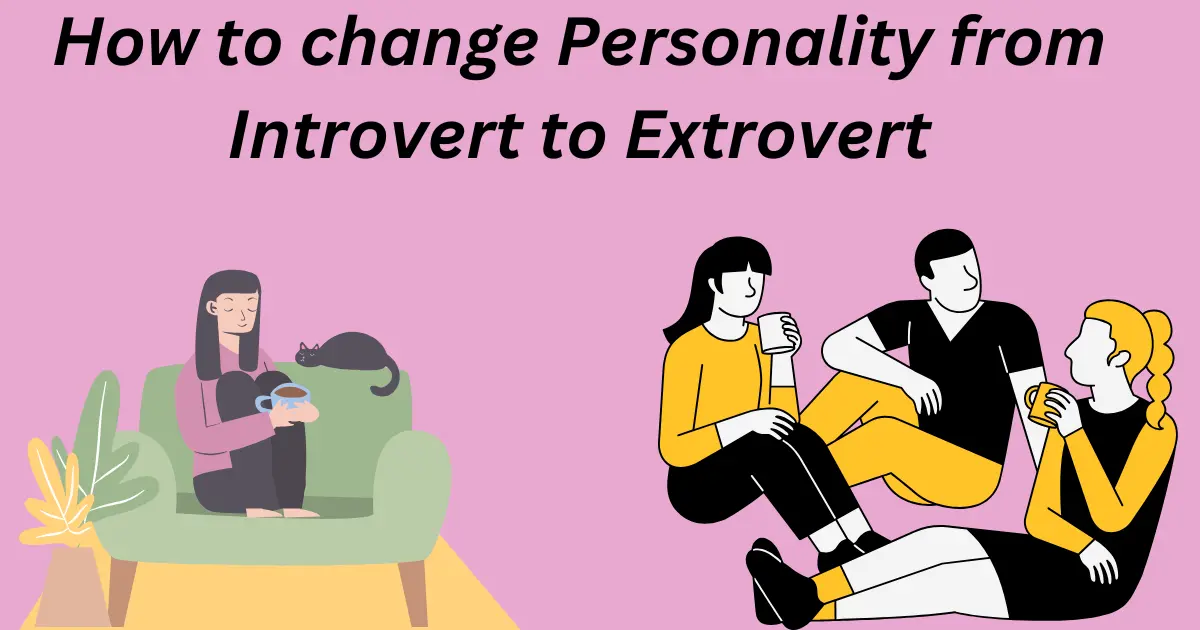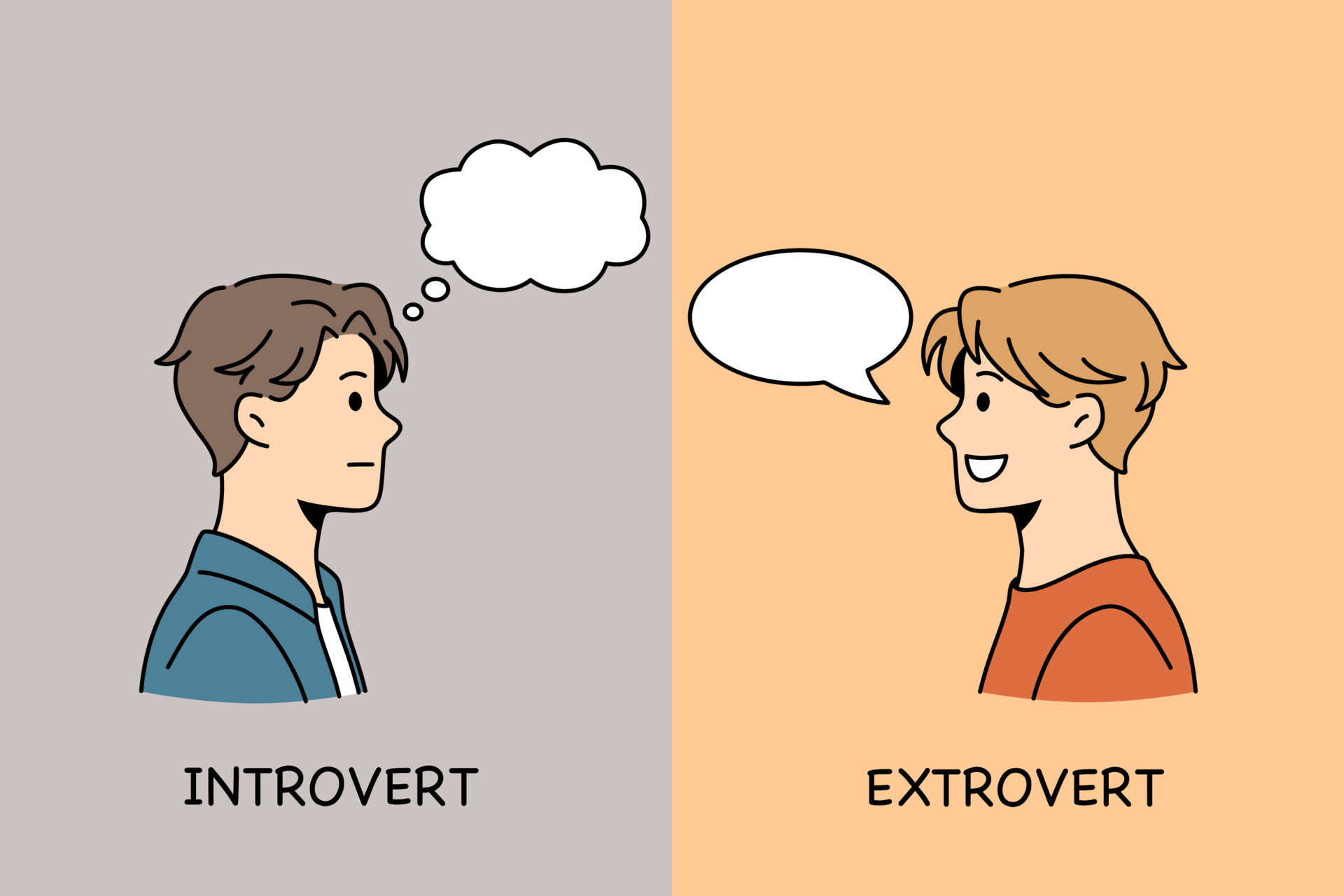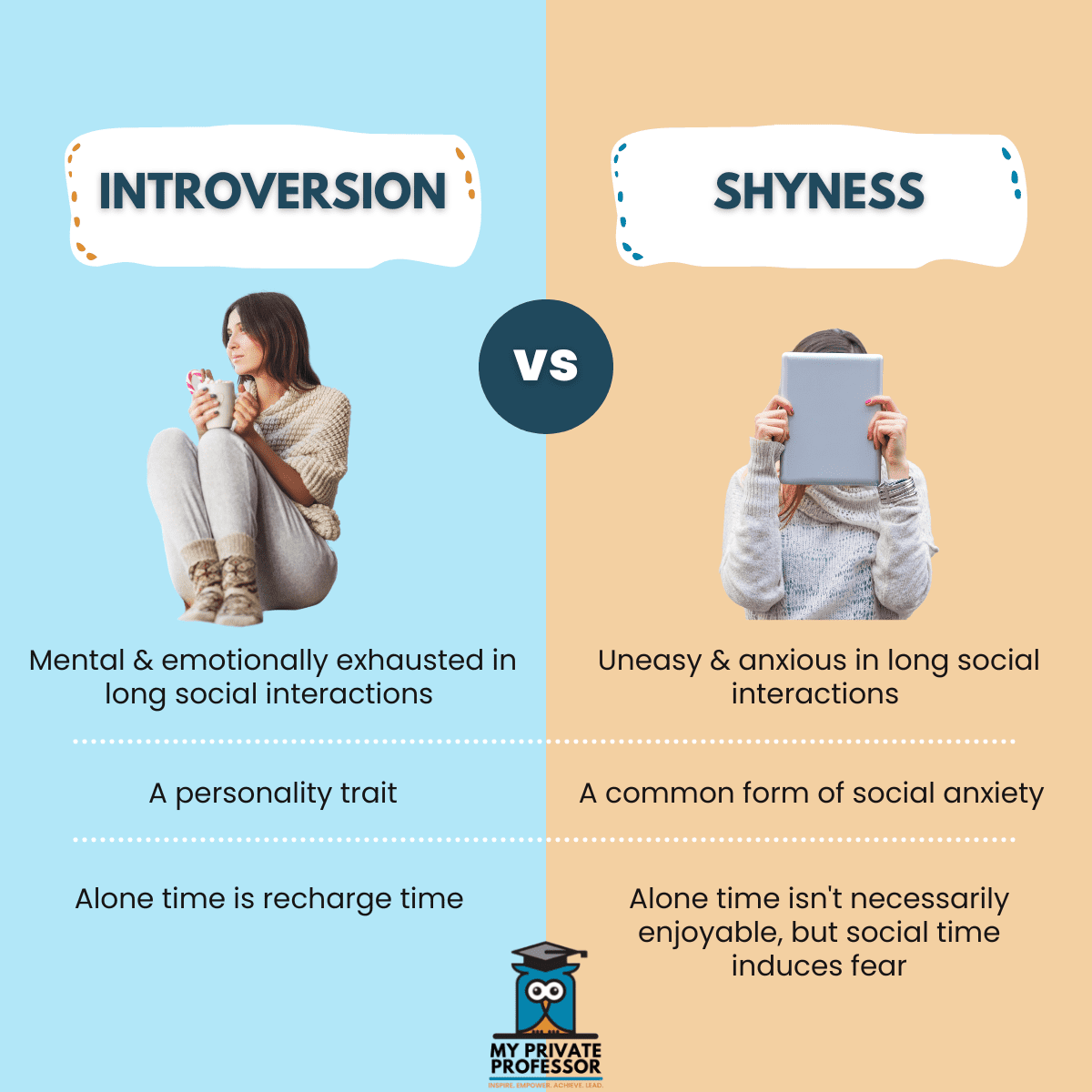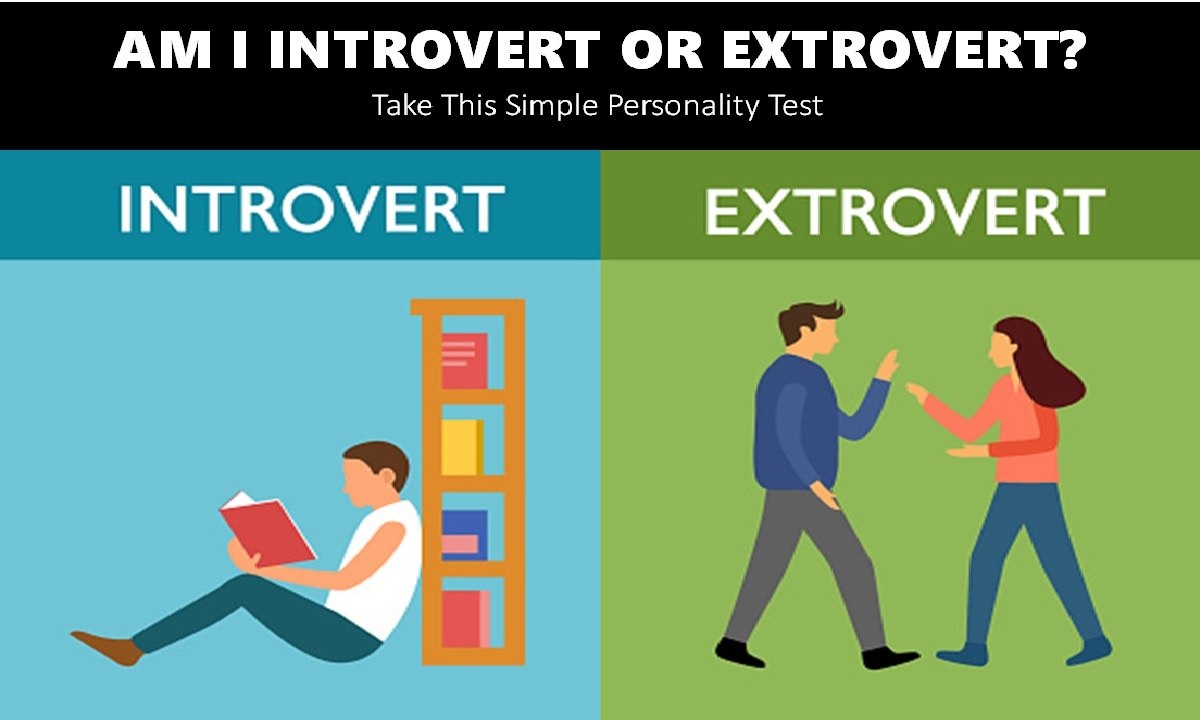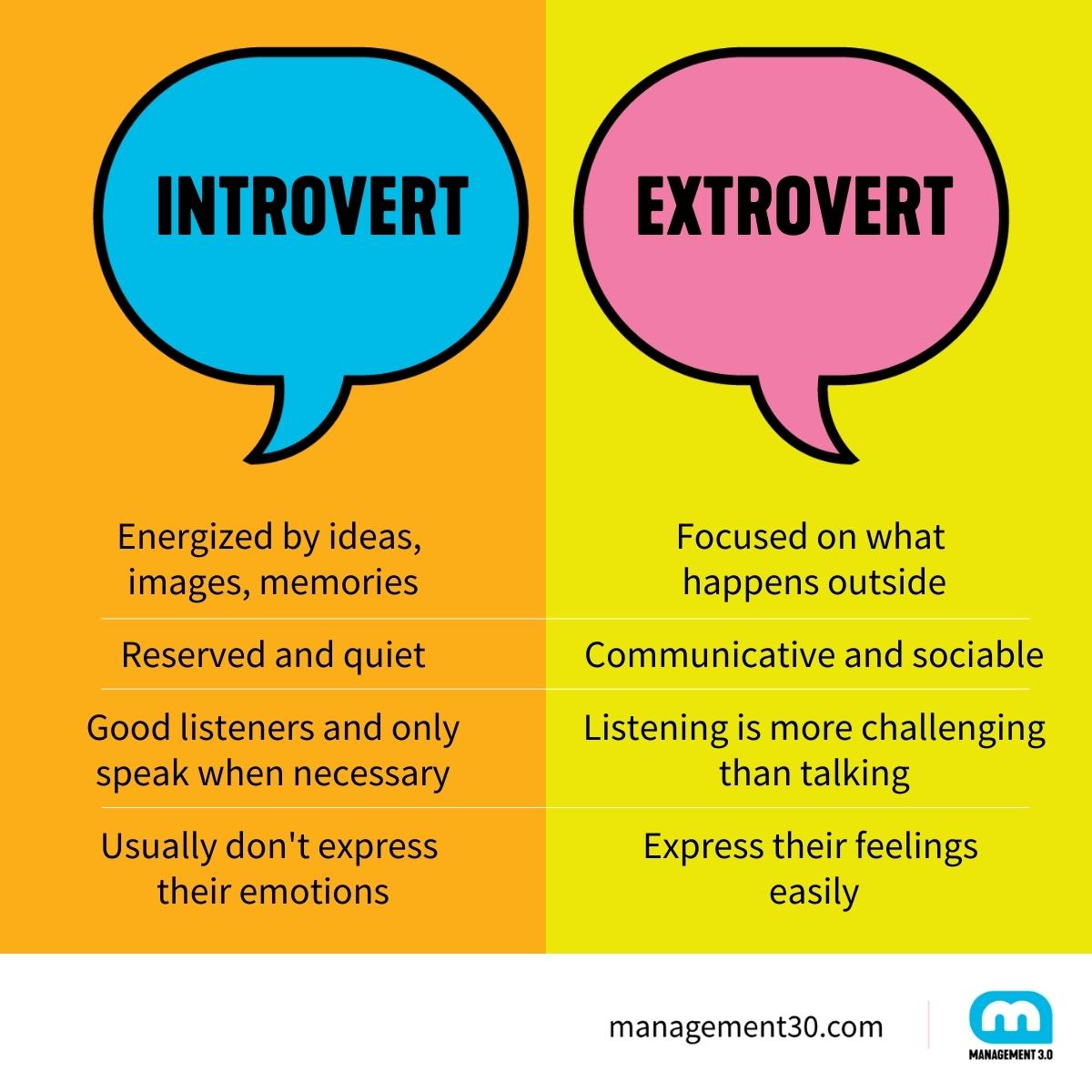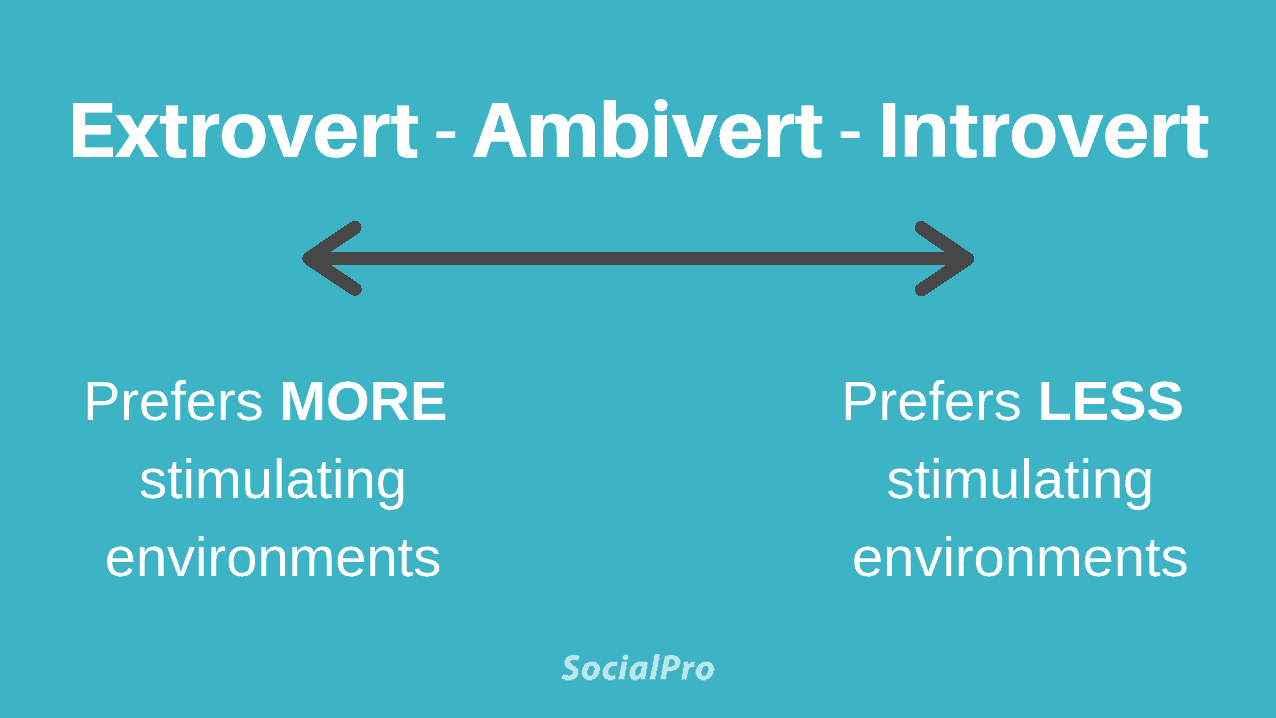Can You Change From Extrovert To Introvert
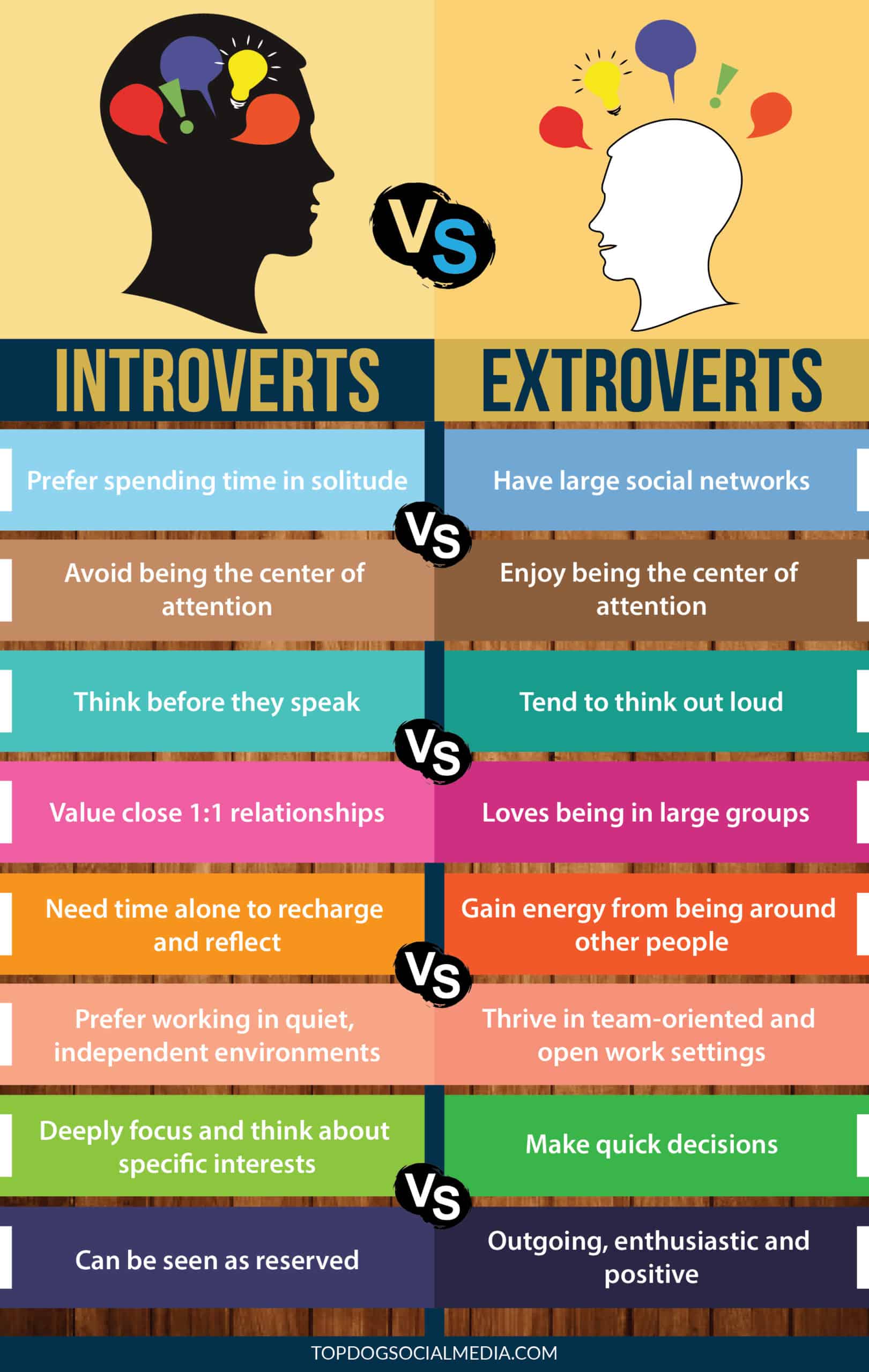
Is personality destiny? New research is challenging the long-held belief that extroversion and introversion are fixed traits, suggesting potential for personality shifts throughout life.
This article delves into the evolving understanding of personality, examining whether individuals can genuinely transition from extrovert to introvert, or vice versa, and the factors that might influence such a change.
The Shifting Sands of Personality
Historically, personality traits were considered relatively stable after early adulthood. However, recent studies, including a meta-analysis published in the Journal of Personality and Social Psychology, indicate that personality can indeed change, albeit gradually, throughout a person's lifespan.
Key finding: Personality traits aren't rigidly fixed. Adults exhibit personality changes, although these shifts usually unfold over extended time frames.
What the Experts Say
Dr. Carol Dweck, a Stanford University psychologist and author of Mindset: The New Psychology of Success, argues that personality is more malleable than previously thought.
She believes that individuals can cultivate new traits through conscious effort and environmental influences. "While genetic predispositions play a role, experiences and deliberate practice can reshape our personality," Dweck notes.
The Role of Environment
Environmental factors significantly influence personality. Consider someone who enjoys socializing (an extrovert) taking on a demanding role that needs prolonged isolation, like a research scientist.
The repeated isolation may push them towards more introverted behaviors. A study by researchers at the University of California, Berkeley, found that significant life events, such as career changes, relationship shifts, and geographic moves, can trigger personality adjustments.
Can an Extrovert Become an Introvert?
While a complete transformation may be rare, extroverts can develop more introverted tendencies. These include increased introspection, a preference for smaller social gatherings, and a greater need for solitude.
These changes are often driven by factors such as burnout, changing priorities, or a desire for deeper connections over superficial ones. Professor Brian Little, author of Me, Myself, and Us: The Science of Personality and Well-Being, emphasizes the concept of "free traits."
Little explains that individuals can strategically adopt traits that aren't naturally part of their personality to achieve specific goals or navigate certain situations.
The Nuances of Introversion and Extroversion
It's important to distinguish between behavioral adjustments and fundamental personality changes. Introversion and extroversion lie on a spectrum.
Many people exhibit a mix of both traits (ambiversion). An extrovert experiencing situational introversion may not become a true introvert, but rather develop a greater appreciation for quiet time and introspection.
The Myers-Briggs Type Indicator (MBTI), while widely used, has faced criticism for its black-and-white categorization of personality. Modern personality research favors a more nuanced understanding of traits.
The Impact of Trauma
Severe trauma can lead to shifts in personality. A traumatic experience may cause an extrovert to become more withdrawn, cautious, and introverted as a coping mechanism.
Mental health professionals recognize that trauma can alter brain chemistry and behavior patterns, resulting in long-term personality changes.
The Takeaway
Personality isn't set in stone. While inherent traits may predispose individuals to certain behaviors, life experiences, conscious effort, and environmental factors can influence shifts along the introversion-extroversion spectrum.
Ongoing research explores the long-term effects of these shifts and the potential for individuals to actively shape their personalities. For those seeking to understand their personality or make changes, consulting with a qualified psychologist is recommended.


